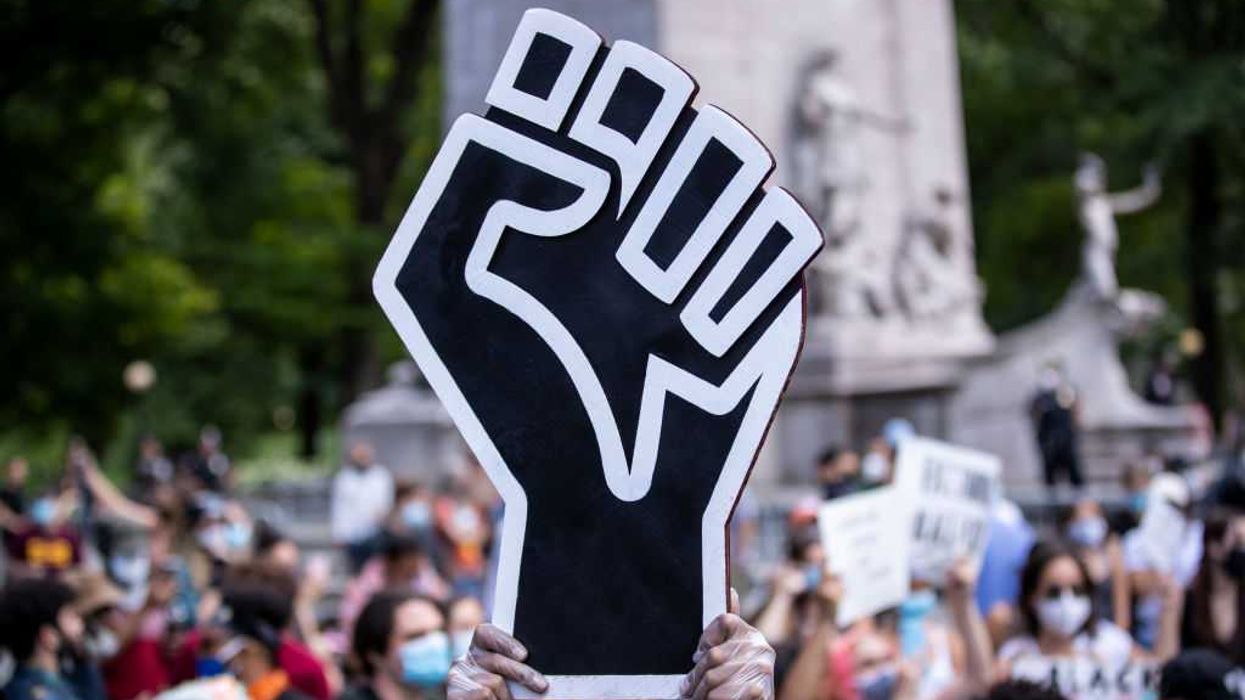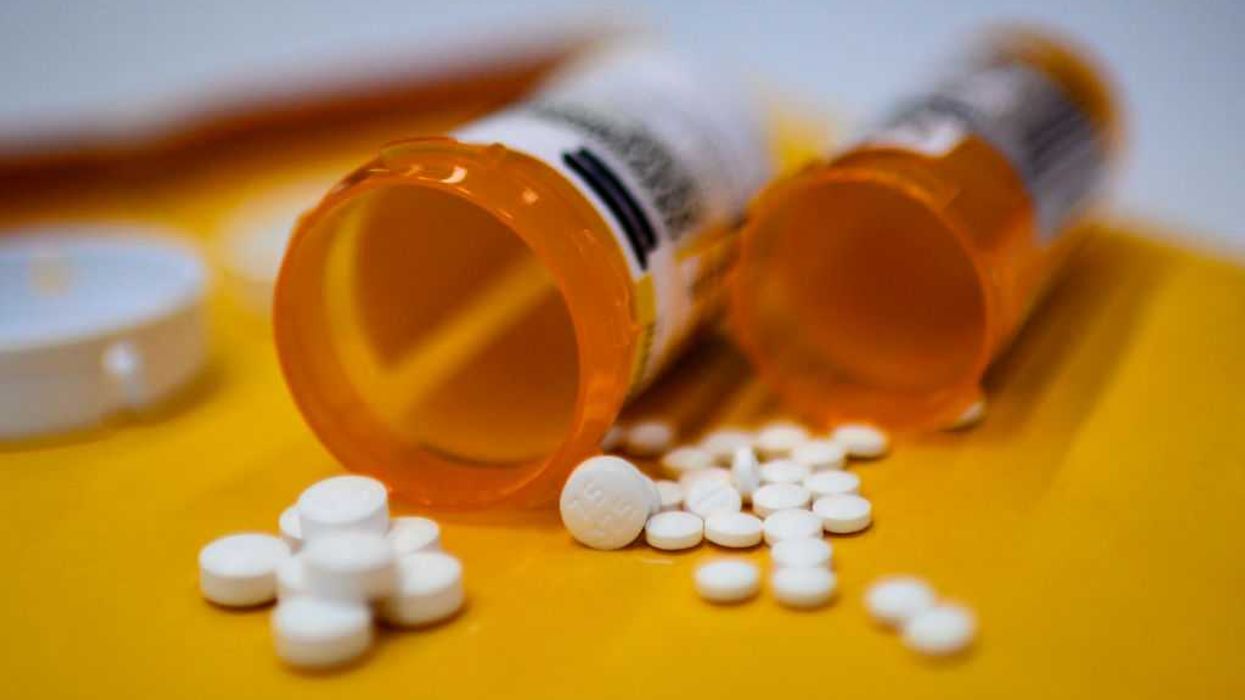
© 2025 Blaze Media LLC. All rights reserved.
Oh, Gross: Burger King Cuts Ties With U.K., Ireland Supplier Over Traces of Horsemeat
January 24, 2013
 AP
AP
LONDON (TheBlaze/AP) – British and Irish burger fans could face a Whopper shortage. Burger King has stopped buying beef from an Irish meat processor whose patties were found to contain traces of horsemeat.
The fast food chain said Thursday it had dropped Silvercrest Foods as a supplier for its U.K. and Ireland restaurants as a "voluntary and precautionary measure."
Last week Silvercrest, which is owned by ABP Food Group, shut down its production line and recalled 10 million burgers from supermarket shelves in Britain and Ireland after horse DNA was found in some beef products.
Burger King said the decision to drop the supplier "may mean that some of our products are temporarily unavailable." It stressed that "this is not a food safety issue."
 AP
AP
The company added that there was "no evidence to suggest any of the Silvercrest product supplied to Burger King was affected" by the horsemeat contamination.
Rival McDonald's said it does not buy beef from Silvercrest or other affected suppliers.
The presence of horsemeat in beef is a sensitive issue in Britain and Ireland, which do not have a tradition of eating horses. The British tabloid The Sun reported the Burger King story under the headline "Shergar King," a reference to a famous racehorse.
Products from another Irish firm and one in Britain also were contaminated by horsemeat. Most had only small traces, but one burger of a brand sold by the British supermarket chain Tesco contained 29 percent horsemeat.
Irish food officials say an ingredient imported from an unspecified European country and used as filler in cheap burgers is the likely source of the horsemeat contamination.
Burger King says its patties are made from 100 percent beef.
Officials say the horsemeat poses no risk to human health, but the episode has raised food security worries.
 AP
AP
More concern arose Thursday when lawmaker Mary Creagh, environment spokeswoman for Britain's opposition Labour Party, said that several horses slaughtered in the country last year had tested positive for phenylbutazone, an anti-inflammatory drug given to horses that can cause cancer in humans.
"It is possible that those animals entered the human food chain," she said.
The Food Standards Agency confirmed that meat from five horses had tested positive for the drug, but said none had been approved for sale in Britain. It said the relevant food safety authorities were informed in cases where the meat was exported to other countries.
 AP
AP
The agency said no horsemeat in the current scandal contained phenylbutazone.
Very little horsemeat is sold in Britain but the country sends thousands of horses a year abroad to be killed for meat.
Follow Becket Adams (@BecketAdams) on Twitter
Featured image courtesy Getty Images. This post's headline has been updated for clarity.
Want to leave a tip?
We answer to you. Help keep our content free of advertisers and big tech censorship by leaving a tip today.
Want to join the conversation?
Already a subscriber?
more stories
Sign up for the Blaze newsletter
By signing up, you agree to our Privacy Policy and Terms of Use, and agree to receive content that may sometimes include advertisements. You may opt out at any time.
Related Content
© 2025 Blaze Media LLC. All rights reserved.
Get the stories that matter most delivered directly to your inbox.
By signing up, you agree to our Privacy Policy and Terms of Use, and agree to receive content that may sometimes include advertisements. You may opt out at any time.






